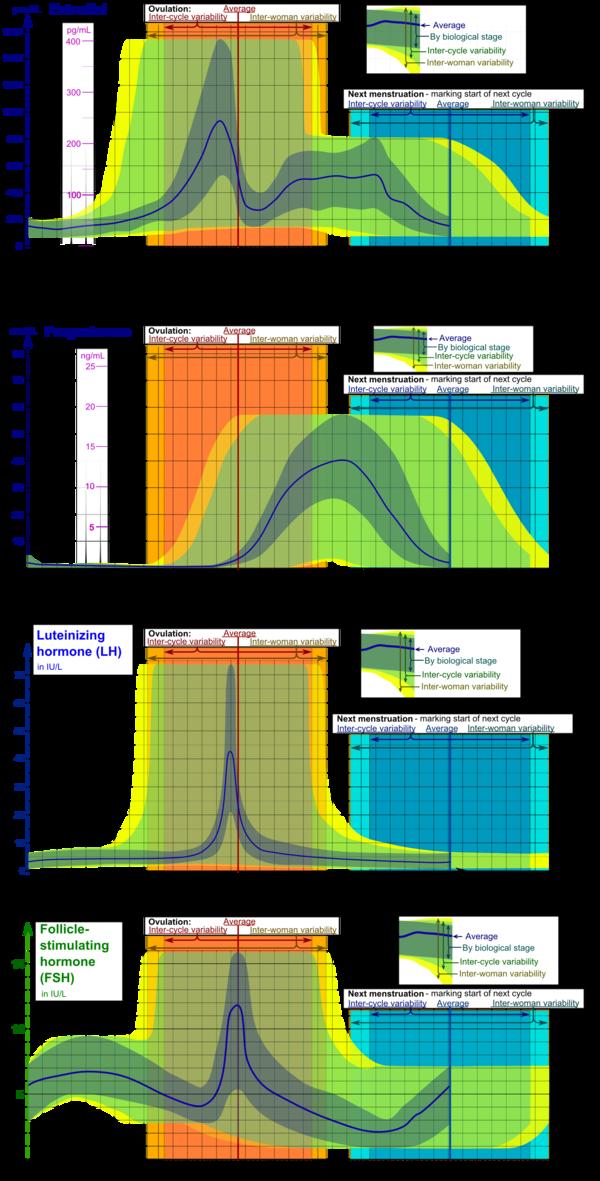Hormone Therapy for Liver Cancer

How Does Hormone Therapy Work?
Hormones are chemicals produced by the body that regulate various bodily functions, including growth and development. Some types of cancer, such as breast and prostate cancer, grow in response to hormones. Hormone therapy works by blocking the production of hormones or by blocking the hormones from reaching the cancer cells. This can slow down or stop the growth of cancer cells.
Types of Hormone Therapy for Liver Cancer
There are several types of hormone therapy that may be used to treat liver cancer:
- Luteinizing hormone-releasing hormone (LHRH) agonists
- LHRH antagonists
- Aromatase inhibitors
- Anti-androgens
Luteinizing Hormone-Releasing Hormone (LHRH) Agonists
LHRH agonists are medications that block the production of estrogen and progesterone, which are hormones that can fuel the growth of liver cancer cells. These medications are usually injected under the skin or into a muscle once every few months.
LHRH Antagonists
LHRH antagonists are medications that block the production of estrogen and progesterone, which are hormones that can fuel the growth of liver cancer cells. These medications are usually injected under the skin or into a muscle once every few months.
Aromatase Inhibitors
Aromatase inhibitors are medications that block the production of estrogen, which can fuel the growth of liver cancer cells. These medications are usually taken orally once a day.
Anti-Androgens
Anti-androgens are medications that block the production of testosterone, which can fuel the growth of liver cancer cells. These medications are usually taken orally once a day.
Advantages and Disadvantages of Hormone Therapy for Liver Cancer
Advantages
- Hormone therapy can be less invasive than other types of cancer treatment, such as surgery or radiation therapy.
- Hormone therapy can be effective in slowing down or stopping the growth of liver cancer cells.
- Hormone therapy can help to relieve symptoms of liver cancer, such as pain and fatigue.
Disadvantages
- Hormone therapy can cause side effects, such as hot flashes, mood changes, and fatigue.
- Hormone therapy may not be effective in all cases of liver cancer.
- Hormone therapy may need to be given for a long period of time, which can be inconvenient and expensive.
FAQs
Q: Who is a candidate for hormone therapy for liver cancer?
A: Hormone therapy may be used for liver cancer patients who have tumors that are sensitive to hormones, such as estrogen or testosterone.
Q: Is hormone therapy a cure for liver cancer?
A: Hormone therapy is not a cure for liver cancer, but it can be effective in slowing down or stopping the growth of cancer cells.
Q: What are the side effects of hormone therapy for liver cancer?
A: Common side effects of hormone therapy for liver cancer include hot flashes, mood changes, and fatigue.
Q: How long does hormone therapy for liver cancer last?
A: Hormone therapy for liver cancer may need to be given for a long period of time, depending on the individual case.
Conclusion
Hormone therapy is a type of cancer treatment that can be effective in slowing down or stopping the growth of liver cancer cells. However, it may not be effective in all cases and can cause side effects. Patients should discuss the pros and cons of hormone therapy with their healthcare provider to determine if it is the right treatment option for them.
